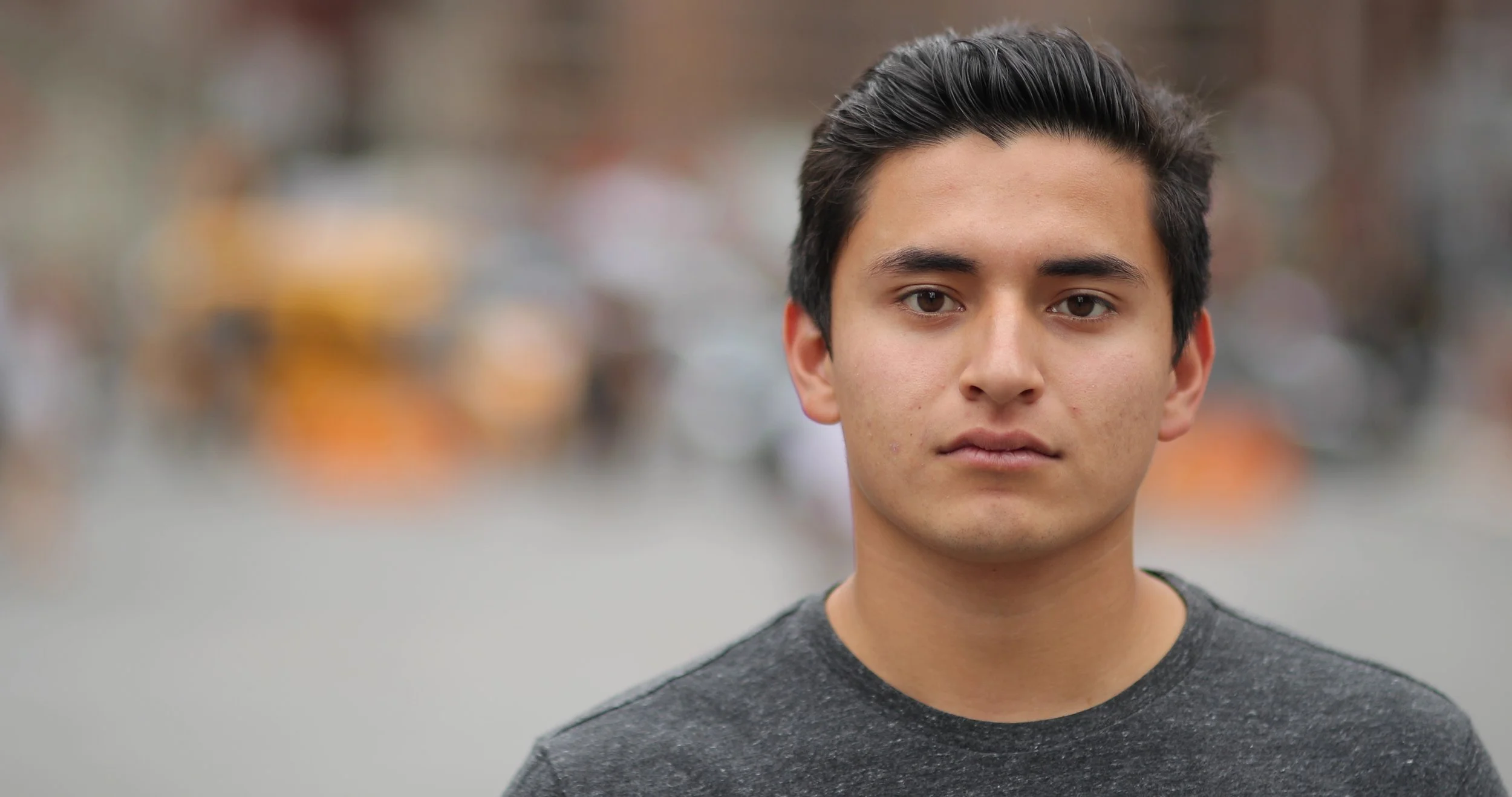
September 2025
Jesus Wants to Return to His “Barrio”
By Rev. Rubén N. Ortiz
I often dream of returning to live in my neighborhood, in the heart of Santiago de Cuba, the most Caribbean city on the grand Caribbean island. Santiago is the birthplace of son and bolero, and where I was born, just four blocks from the Casa de la Trova. I dream of returning, because in reality, that is no longer possible. Everything that made that place meaningful to me has changed. There, I was Rubencito, or Tito, the son of Rubén and Anays, the brother of Darina and Dania, who lived in the house with a piano in front of little Serrano Park.
I dream of returning because that's no longer possible. Everything has changed. Time has gone by, and I left like millions of other Cubans. My educational and life journey made me one of the many migrants of this century.
Jesus also once lived in a neighborhood called Nazareth. Every time I read this passage from John 1, I imagine Jesus returning to his own neighborhood, to the place where he was known as “the son of Joseph and Mary.” There, in front of his people, he declared his mission in life during a religious service. He did not speak of complicated doctrines or sacred rituals. That first time, he took the opportunity to explain his program to rescue the neighborhood, with good news for the poor, health for the brokenhearted, freedom for the imprisoned, and justice for the oppressed. In other words, he spoke about his work plan, what was in his heart, and how this was a platform for change in his neighborhood. And of course, that caused tension. So much so that they wanted to kill him when he offered to start fulfilling that mission that very day.
“The Word became flesh and blood, and moved into the barrio. We saw the glory with our own eyes, the unique glory, just like the Father, so the Son, generous inside and out, real and true from beginning to end, from head to toe.” – John 1:14,16 (Paraphrase)
I have felt that same tension for years because, as a young boy, I also declared that I wanted to dedicate myself to serving my neighborhood. And I did so in my own church. Time has passed, and I still feel trapped by those words, and although no one has tried to lynch me, or so I believe, I constantly feel that people are telling me, “You better talk about something else, about what happens in heaven rather than what happens in this neighborhood where you now live. Just like what happened to Jesus.”
I know that today, in my neighborhood in Santiago, the power goes out a lot, there isn't enough to eat, there is a shortage of water, and young people no longer have options. I know that people are losing hope and just want to leave the country, just as I did one day. And when I think again of Jesus and his neighborhood, I imagine we are both the same. We have no space. Neither Santiago works, nor can one live in Bethlehem. Although my other neighborhood in Florida, in the United States, isn't doing very well either. We violently take each other's lives and hopes.
Jesus and I are officially left without a neighborhood of birth. And although I don't plan to return to Santiago, no matter how much it hurts, I'm not so sure that Jesus doesn't want to return to Bethlehem. Because he did promise to return, he is interested in making his neighborhood livable. He doesn't care that it has been emptied, that bombs have fallen on a couple of nearby temples, that the forces of another authority are occupying it, that it has more than 70 fences or walls to cross with checkpoints full of armed guards,
that commerce and tourism and employment have declined by more than 40% in Bethlehem, that he has to present proof of his nationality every time he has to enter and answer the same hateful questions from the officers. Jesus insists on living in his neighborhood; he loves the people of his neighborhood, the poor, the broken, the captives, the sick, and the oppressed.
“And he wants you and me to love as he loves, never to grow tired of serving neighbors who are in conflict, the poor, the lonely, foreigners, the sick, the needy, and prisoners.”
He wants us to repeatedly explain his platform for change, his plan of action, and to open our hearts to make our neighborhoods livable and healthy. Jesus desires us to bring about his second coming by returning to the dream he has for our neighborhood. Come, Lord Jesus!
About The Author
Rev. Rubén N. Ortiz
Rev. Rubén N. Ortiz, M.Div., is the Latino Field Ministries Coordinator for the Cooperative Baptist Fellowship (CBF). He a two-time immigrant: Cuba to Ecuador (1993) and Ecuador to USA (2000). With studies in music, communications, and theology, Rubén has served as a pastor for more than two decades as well as a Spiritual Director. He is often called upon as a consultant, advisor, and resource facilitator and is passionate about promoting the well-being of congregations and pastors. In his ministry with CBF, he works with Latino congregations and partners and provides leadership to fAMILIA, CBF’s Latino Network. Rubén and his wife, Xiomara, are “empty-nest” parents of Natalia Sofia and Daniel Andrés.





